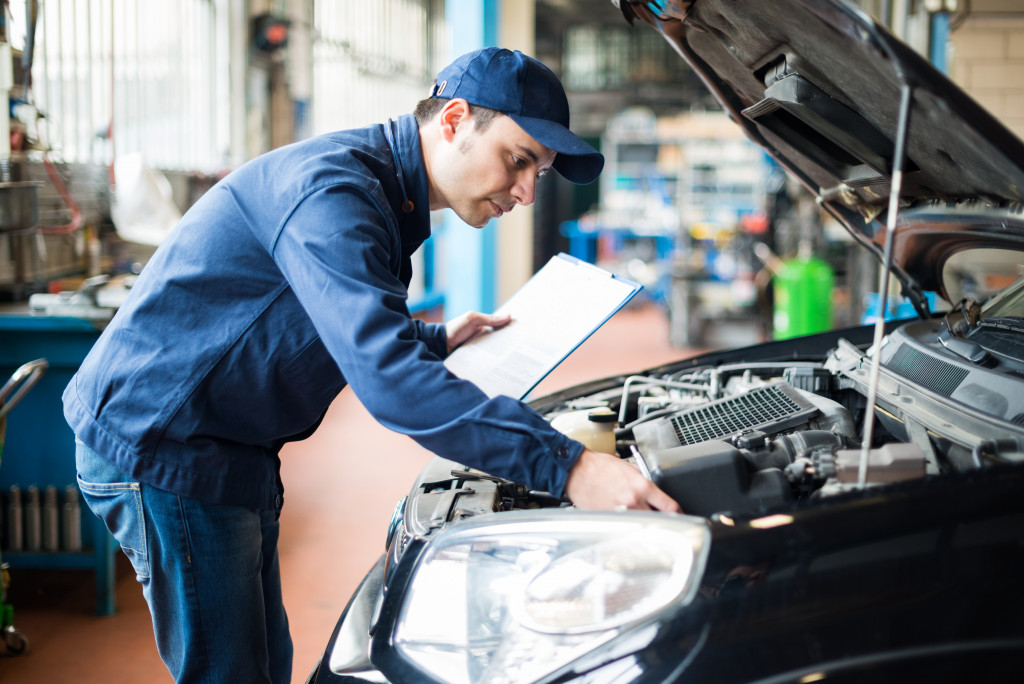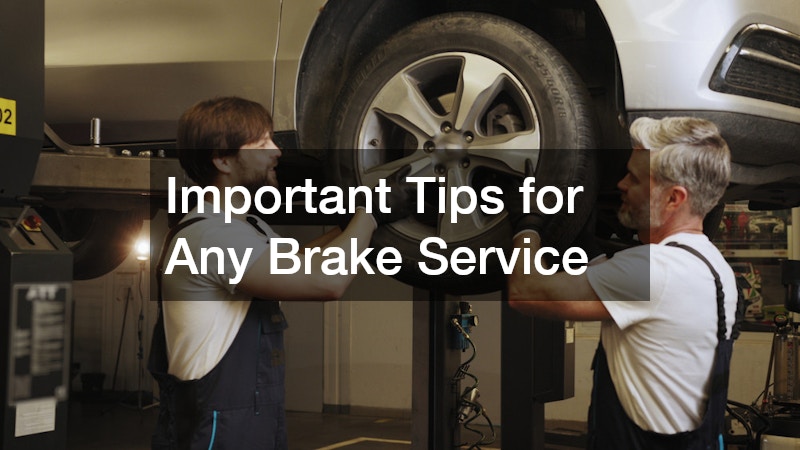• Automotive shop owners must understand the environmental laws and regulations that apply to their business to stay compliant.
• Proper waste management is essential; dumpsters can be rented for regular waste while recycling programs and hazardous waste disposal are available for specific materials.
• Safety should be a priority; employees should be trained on the proper use of PPE, emergency procedures, chemical handling and disposal, and noise pollution.
• Environmental impact assessments are mandatory for certain activities as these can help guide you on the necessary steps to take to protect the environment.
Navigating the ever-changing environmental laws and regulations landscape can be daunting for automotive shop owners. The key is to stay informed because being aware of the current rules and regulations can help you avoid violations, fines, or even criminal charges. Here’s a breakdown of what automotive shops need to know.
Environmental Laws: What are They?
Environmental laws are guidelines set by local, state, and federal government agencies that aim to protect the environment from pollution and other forms of damage. These laws cover everything from air emissions standards to hazardous waste disposal requirements. Automotive shops must understand the basics in order to comply with the law.
The next step is understanding the environmental regulations that apply specifically to your business. Different levels of government have different rules and regulations pertaining to environmental protection.
Federal rules tend to focus on broader issues, such as air quality standards, while state governments are more likely to focus on specific issues, like water pollution control. Local governments also have their own set of rules, so it’s crucial for automotive shop owners to familiarize themselves with all applicable regulations in their area before opening a shop or making changes to existing operations.

Waste Management
Automotive shops generate a lot of waste, including oil, antifreeze, tires, and other hazardous materials. It’s important to understand the regulations around the proper disposal of this material. Different materials require different disposal methods, so it’s important to research which method is best suited for each type of waste. Here are some ideas:
Dumpster Rentals
For regular waste, such as paper and cardboard, it’s best to consider affordable dumpsters for rent from local waste management companies. They will provide the appropriate size for your needs and arrange for regular pickups.
Recycling Programs
Many automotive shops are now turning to recycle programs for their waste disposal needs. Your local government or waste management provider may offer programs specifically tailored to your needs, such as oil and antifreeze recycling services. This is an easy and cost-effective way of disposing of hazardous materials in an environmentally friendly manner.
Hazardous Waste Disposal
Some materials, such as used batteries and oil filters, are considered hazardous waste by the Environmental Protection Agency (EPA). These must be disposed of in a specific manner that adheres to federal regulations.
Proper Safety Training
Safety is a priority for any automotive shop. Employees should be trained on the proper use and disposal of hazardous materials and the safety guidelines when it comes to working with machinery. Here are some more specific areas to touch on:
Personal Protective Equipment (PPE)
Employees should be trained on the proper use of PPE, such as respirators and safety glasses. These pieces of equipment are essential for protecting workers from hazardous chemicals and emissions.
Emergency Procedures
The shop should also have emergency procedures in place, such as evacuation plans and fire safety protocols. These will help ensure the safety of everyone in the shop if an emergency situation arises.
Chemical Safety
Automotive shops use various chemicals, from paint thinners to brake fluid. Employees should understand the proper handling and disposal of these materials to avoid accidents or contamination.
Noise Pollution
Automotive shops can generate a lot of noise, so providing employees with the necessary hearing protection and safety training is important. This can be done through the use of noise-canceling ear muffs or other hearing protection devices.

Environmental Impact Assessments
Before making any significant changes to your shop, it’s important to consider the environmental impact they could have. Environmental impact assessments (EIAs) are designed to identify potential risks from proposed activities and help you decide on appropriate mitigation measures.
These assessments are mandatory for certain activities, so it’s essential to be aware of any requirements before beginning construction or renovation projects. For instance, activities that involve the use of hazardous chemicals or are located near a wetland will require an EIA.
Furthermore, EIAs can help guide you on what extra steps to take. If a proposed activity could cause environmental damage, it may be necessary to take measures such as installing pollution control equipment or updating waste management procedures.
Navigating environmental laws and regulations can be tricky, but it’s essential for automotive shop owners who want to stay compliant with local, state, and federal guidelines while protecting their businesses from potential violations or fines. Being aware of the applicable laws and regulations is vital—and taking proactive steps towards compliance is critical—so make sure you take the necessary measures early on so your business can operate legally and efficiently.





